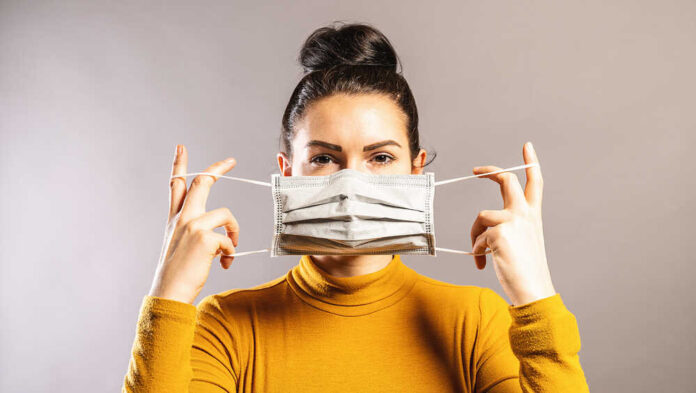As a result of an increase in coronavirus infections, which has been worsened by the advent of a dominant new strain, hospitals in four US states have instituted, once again, the use of obligatory masks. After the COVID-19 epidemic officially ended, some states’ medical facilities reinstituted the usage of face masks for certain patients. These states include California, Illinois, Massachusetts, New York, and Washington, D.C.
Hospitalizations due to the virus have increased most sharply in the southeast and New England last week. According to the CDC, from the previous week to the week ending on December 23, the number of confirmed cases increased 12.7% nationwide.
It was declared that healthcare professionals directly dealing with patients will be compelled to wear masks until the number of respiratory infections they deal with drops below 2.85% of patients, according to Mass General Brigham, Massachusetts’s most significant health system. Another Boston institution that mandated mask use on December 18 was the Dana-Farber Cancer Institute.
In response to a spike in cases after Thanksgiving, mask requirements have been reinstated at hospitals across New York City, Suffolk County, and Nassau County. According to the Illinois Department of Public Health (IDPH), medical centers in regions with a high incidence of respiratory viruses should implement a facility-wide masking program.
As the temperature becomes colder, more viruses and other diseases are likely to spread since people’s immunity is reduced. This is the explanation for the recent spike in COVID-related positive cases and hospitalizations.
There is currently no statewide requirement for using face masks in any state. However, the state-supported living centers, Texas Department of Criminal Justice locations, and government-owned healthcare institutions were exempted from the blanket ban on mask regulations in public settings that Texas passed in September.
The efficacy of stopping Covid-19 with flimsy cloth masks, often worn incorrectly, remains controversial.


















